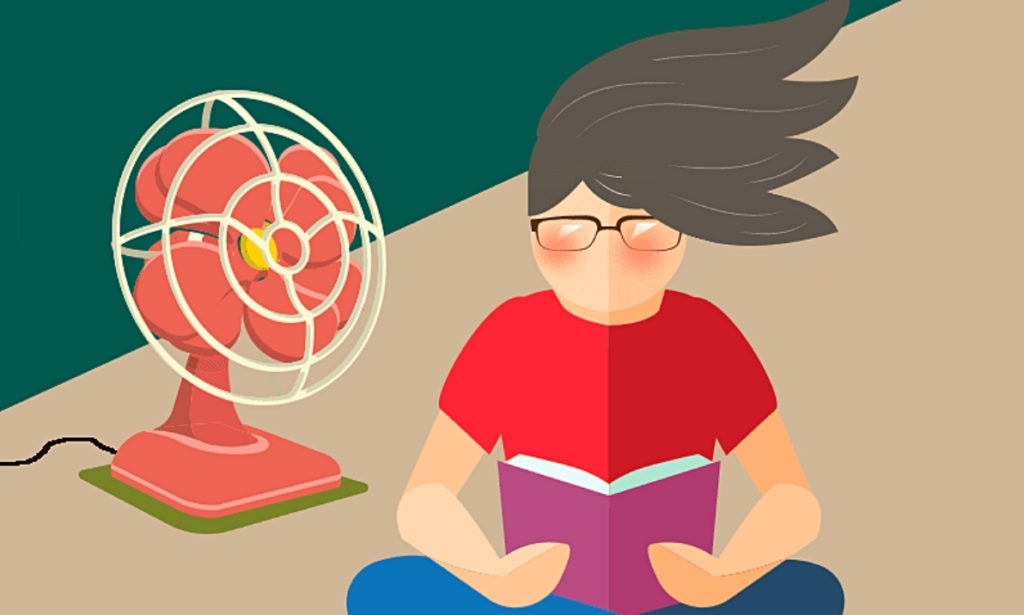Today, is World Menopause Day, a day made to spread awareness and celebrate women’s graceful ageing process! Menopause is rarely talked about, especially in the Middle East. Many people might not even know that it’s a natural stage of life for every woman, just as puberty is, including the symptoms and/or the challenges a woman faces throughout it, challenges a woman has to go through alone. Scroll down to learn more about menopause, and to remind every uterus owner they are not alone!
What is menopause?
Menopause is a stage that women reach at a specific age that signifies a change in their hormones and estrogen levels as they decrease, as well as the end of menstrual cycles. Once a woman hasn’t had a period for over a year, her menopause stage has begun. This might occur between the age of 45-55, and on average, at the age of 51. During this time, their periods either occur frequently before completely stopping, or sometimes stop all together.
While it happens naturally, it might even happen due to bodily changes. This includes removing the ovaries (oophorectomy) or uterus (hysterectomy) due to some medical reasons. In addition, it can also be as a result of breast cancer treatments, chemotherapy, or radiotherapy.
Women know that going through their menstrual cycles are not an easy matter. However, once you stop having them completely, it’s no stroll in the park either, as menopause comes along with many challenges and physically painful symptoms as well.
What are the symptoms of menopause?
:max_bytes(150000):strip_icc():format(webp)/2322667-article-early-signs-of-menopause-5a4cfd9af1300a00373f55f9.png)
Symptoms for menopause differ for every woman, whether it be in duration or in severity. The symptoms may last for four years, but in some cases, it can last for up to 12 years, according to NHS. Although menopause isn’t something to treat entirely, relieving the symptoms is a must for a healthier life.
Aside from changes in hormones and the menstrual cycle, there will be changes to the nervous system, immune and excretory system, cardiovascular system, and skeletal and muscular system.
Calmness and irritability will alternate depending on the mood swings, because those will happen as well. Menopause might cause anxiety or depression, sleeping might not be easy either, as most women going through it report difficulty sleeping. Additionally, concentrating or recalling memories might be challenging as well. It’s suggested to reach out to your doctor if you experience any of these symptoms persist.
The immune system’s efficiency might drop, so extra care needs to be taken for wellbeing, and due to the estrogen decline, a woman will have to urinate more often.
An estrogen drop affects the body’s cholesterol levels, which directly affects the heart, therefore, increasing the risk of a heart attack or stroke.
Your bones as well might go through their own sets of challenges. Menopause lowers the bones’ density, making fractures and osteoporosis more common for women in menopause, in addition to losing muscle mass and stiff joints. Hormones dropping also affects collagen production in the body, which leads to changes in the skin, as elasticity drops and dryness increases.
With all this information in mind, it’s easy to realize the challenges that lay ahead for any woman who goes through this natural stage. However, being aware of what you’re going through could make it easier to take care of yourself and in navigating that part of life. Moreover though, it’s important to know and to remember that you are not alone. Seeking help from your doctor to help relieve symptoms is just one part of it. Seeking support from your friends/others who are going through it to discuss the hardships of menopause however, may help to alleviate the feelings that come along in this stage and offer a stronger sense of unity.



